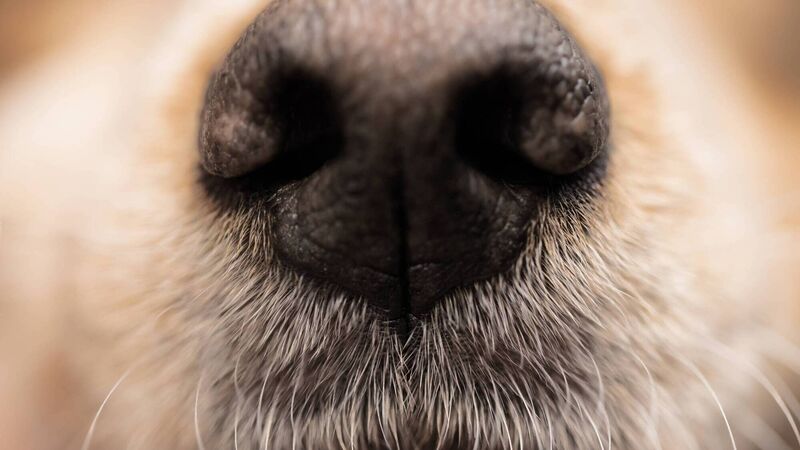Dogs have a real nose for wildlife conservation

Dogs were trained to discriminate between the scats of local wild species. The trained detection dogs distinguished between species 'with up to 100% accuracy', even when the target species 'were closely related and fed with the same diet'.










